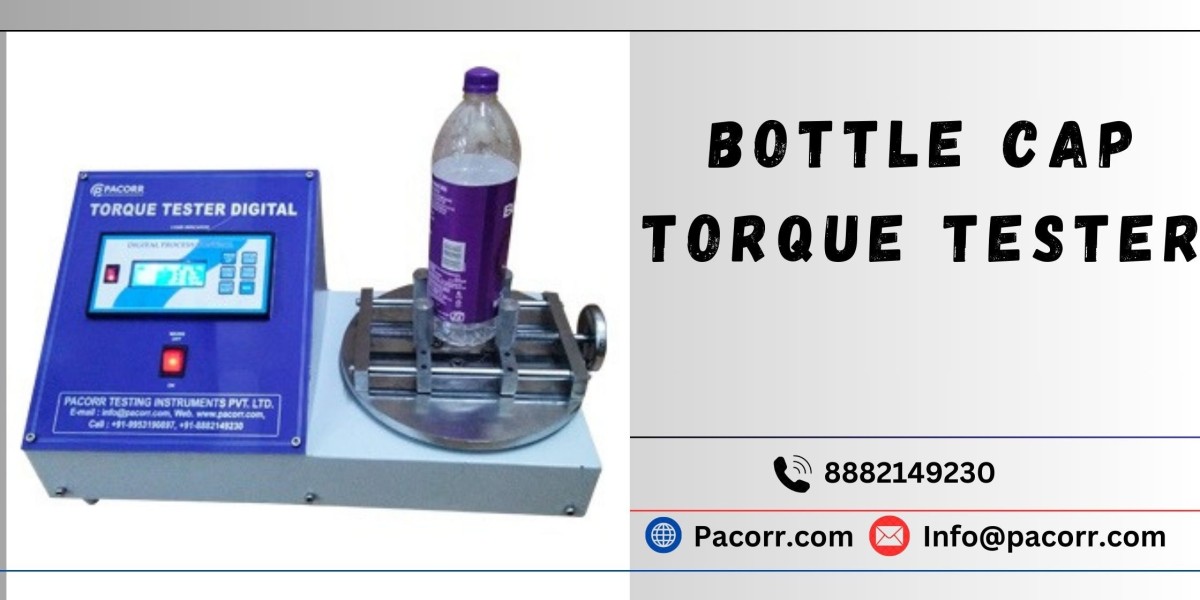Tape Drive Storage Market: Resurgence, Trends, and Future Prospects
The tape drive storage market, once considered a legacy technology, has witnessed a resurgence in recent years, driven by its unique advantages in long-term data storage and archival solutions. While digital storage has rapidly evolved with advancements in SSDs and cloud technologies, tape drives have remained relevant, particularly for enterprises requiring secure, cost-effective, and scalable storage solutions. This article explores the current trends, market drivers, challenges, and the future outlook for the tape drive storage market.
Market Overview
Tape drive storage refers to data storage systems that use magnetic tape as the storage medium. Unlike other storage solutions that offer rapid access to data, tape drives are primarily used for data backup and archival purposes, where data access speed is less critical, but capacity and durability are paramount. Over the years, tape storage has evolved, with modern tape drives offering increased capacity, faster data transfer rates, and improved reliability.
Despite the rise of cloud storage and flash memory, tape drives continue to hold a significant place in the data storage landscape, particularly for organizations dealing with large volumes of data, such as media companies, research institutions, and financial services.
Key Market Trends
Increased Data Generation and Retention Requirements: The exponential growth of data generation, driven by the proliferation of digital devices, big data analytics, and IoT, has created a demand for scalable and cost-effective storage solutions. Tape drives offer a viable solution for archiving massive amounts of data that need to be stored securely for long periods.
Enhanced Tape Storage Technologies: The introduction of advanced technologies, such as Linear Tape-Open (LTO) formats and new magnetic coatings, has significantly increased the storage capacity and data transfer speeds of tape drives. LTO-9, for example, offers up to 18 TB of native storage capacity, with transfer speeds of up to 400 MB/s, making it a competitive option for high-volume data storage.
Cost-Effectiveness for Long-Term Storage: Tape storage remains one of the most cost-effective solutions for long-term data retention. Unlike other storage technologies that require regular updates and power to maintain data, tape drives can store data offline, reducing both operational costs and energy consumption.
Growing Focus on Data Security and Compliance: With increasing concerns about data security and regulatory compliance, tape drives offer a secure and reliable option for data archiving. The offline nature of tape storage makes it inherently resistant to cyber-attacks, providing an additional layer of protection against data breaches.
Sustainability and Low Energy Consumption: As organizations strive to reduce their environmental impact, tape storage is being recognized for its low energy consumption. Since tape drives do not require continuous power to maintain stored data, they contribute to lower carbon footprints compared to always-on storage solutions like hard drives or SSDs.
Market Growth Drivers
Enterprise Demand for High-Capacity Archival Solutions: Enterprises, particularly in sectors like media, finance, and healthcare, are generating vast amounts of data that must be stored for extended periods. Tape drives provide a high-capacity, durable storage solution that meets these needs.
Data Backup and Disaster Recovery: Tape drives are a critical component of data backup and disaster recovery strategies. Their ability to store large volumes of data securely and offline makes them an essential part of comprehensive data protection plans.
Regulatory Compliance: Many industries are subject to strict regulatory requirements that mandate the retention of data for several years. Tape drives, with their long lifespan and cost-effectiveness, are well-suited to meet these compliance demands.
Integration with Modern Data Management Systems: Modern tape drives are increasingly being integrated with sophisticated data management systems that offer features such as automated data retrieval, encryption, and cloud integration, making them more versatile and user-friendly.
Challenges in the Market
Despite the advantages, the tape drive storage market faces several challenges. The perception of tape as an outdated technology can deter some organizations from adopting it. Additionally, the initial setup costs for tape storage systems can be higher than other storage solutions, although the long-term cost benefits often outweigh these upfront expenses.
Another challenge is the competition from cloud storage solutions, which offer the flexibility of on-demand access and scalability. However, for organizations with large-scale data storage needs, especially for archival purposes, the ongoing operational costs of cloud storage can be significantly higher than tape storage.
Future Outlook
The tape drive storage market is expected to maintain steady growth as organizations continue to grapple with the challenges of data management, security, and compliance. While cloud storage and SSDs will dominate the market for active data storage, tape drives will remain a critical component of the data storage ecosystem, particularly for archival and backup purposes.
The continued innovation in tape storage technologies, coupled with the growing demand for cost-effective and secure storage solutions, will likely drive the adoption of tape drives in both established and emerging markets. As organizations prioritize data security, compliance, and sustainability, tape storage is well-positioned to play a key role in meeting these needs.
In conclusion, the tape drive storage market is experiencing a resurgence, driven by its unique benefits in long-term data storage. As technology advances and data storage demands evolve, tape drives will continue to be a valuable and relevant solution for organizations worldwide.









